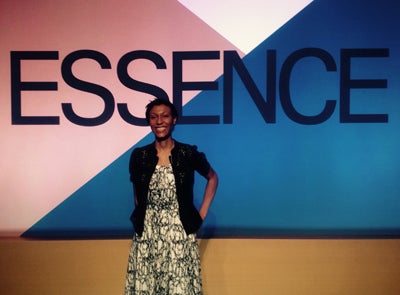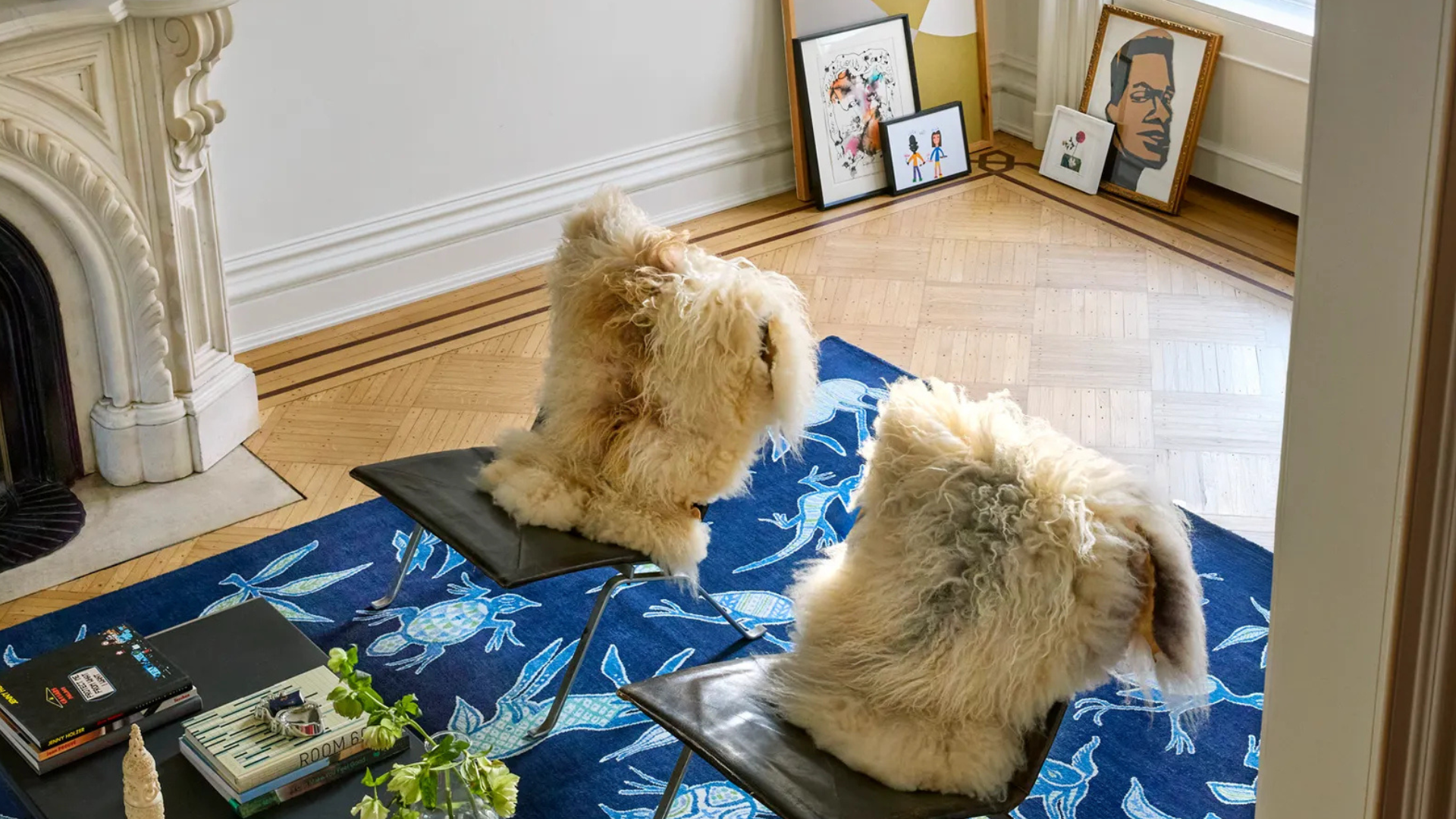
When Laurie Thomas launched her professional career, she thought that she was going to be a social worker. However, it didn’t take her long to realize that the best thing she could do to help people was to be their voice.
“I was interacting with all of these young people, and I wanted to help them, but I realized that the way I could really help them was by telling their stories,” said Thomas, who directed the first episode of our ESSENCE Black Girl Magic docuseries.
We spoke with the Brooklyn-based filmmaker, who opened up about how she plans to use the camera to bring some much-needed change, both to the industry as well as Black girls’ lives.
How did you get into filmmaking?
When I was a kid, I was obsessed with stories—my mother had a hard time taking books away from me. I would be the kid who would stay up late and would be reading with a flashlight. When my father, who’s in the Navy, came to visit one time, he brought a video camera home, and that’s when I really discovered that I could create my own stories. Looking through the lens made me understand the world better. It made me put things together better.
ESSENCE Black Girl Magic Docu-Series Introduces Artist and Activist Sage Adams
For our docuseries, you profiled Sage Adams, a young teen artist in Brooklyn. What did she teach you?
In my experience, because my parents were immigrants and because we didn’t have a very solid foundation, we moved a lot, and I was constantly the kid who had to fit in, and I had to figure out what was my place going to be in these different environments, and that’s tough when you’re Black. My parents really pushed me education-wise, so I was in the gifted programs, which meant that I was in a sometimes predominately White environment. Sage had a similar context in that she also was in the accelerated classes, and her parents were also ambitious and pushed her. She went through a similar questioning of identity, but she came out with a strong sense of Black feminine power. That’s something that really moved me and excited me to see someone so young discovering that power so early. My generation missed the Civil Rights era, and it was almost like we were just trying to survive and make it, whereas these kids—Sage and her peers—they’re not waiting for anyone. They’re making changes now. The fact that 15-year-olds are contributing and creating their own platforms and not asking for permission, that’s radical, but maybe it shouldn’t be.
You attended our Black Women in Hollywood luncheon and got to premier the trailer for the docu-series in front of a room full of Hollywood tastemakers. What was that experience like?
I felt really lucky to be in that room. There were women there who I admired for years and who really paved the way for me to be able to do this kind of work—Oprah, Debbie Allen, Tracee Ellis Ross, Issa Rae. I also felt a responsibility to take what I was gathering and hearing and witnessing and then move forward with that. There’s a torch being passed along, and now, it’s my turn to run with it.
#BlackGirlMagic: Why Black Women Have ‘That Thing’ And You Don’t Have to Understand It
What are you thoughts on how Hollywood can remedy its lack of diversity?
I feel like safety is equated with Hollywood—telling safe stories, telling stories that will give them a return on their investment. And I think if you start with the economics first, then you’re always going to go with the safe bet. I grew up watching things like In Living Color and Do the Right Thing. At some point, Hollywood was taking chances, and now they’re not. I feel like all of our lives would be richer for knowing how that kid on the Native American reservation lives or the story of the woman who has spent 16 years in prison because she got caught up with a boyfriend and made a poor decision. We’re so much better off for walking in their footsteps, even if it’s just for the length of a film.
How do you see yourself changing the film landscape?
I’m a biographer, so I feel like my role is to take my vision and my voice and my love for people and their stories and pave some new roads. I’m most attracted to their stories because I feel like within every character that’s mysterious is something that we can all connect to. I want to bring out that human experience. If just for eight minutes or 30 minutes or an hour and a half, you’re watching something that allows you to experience emotions that you feel like you don’t have the permission to experience in your everyday life, then I know that I’m doing my work; I know that I’m fulfilling my purpose.





